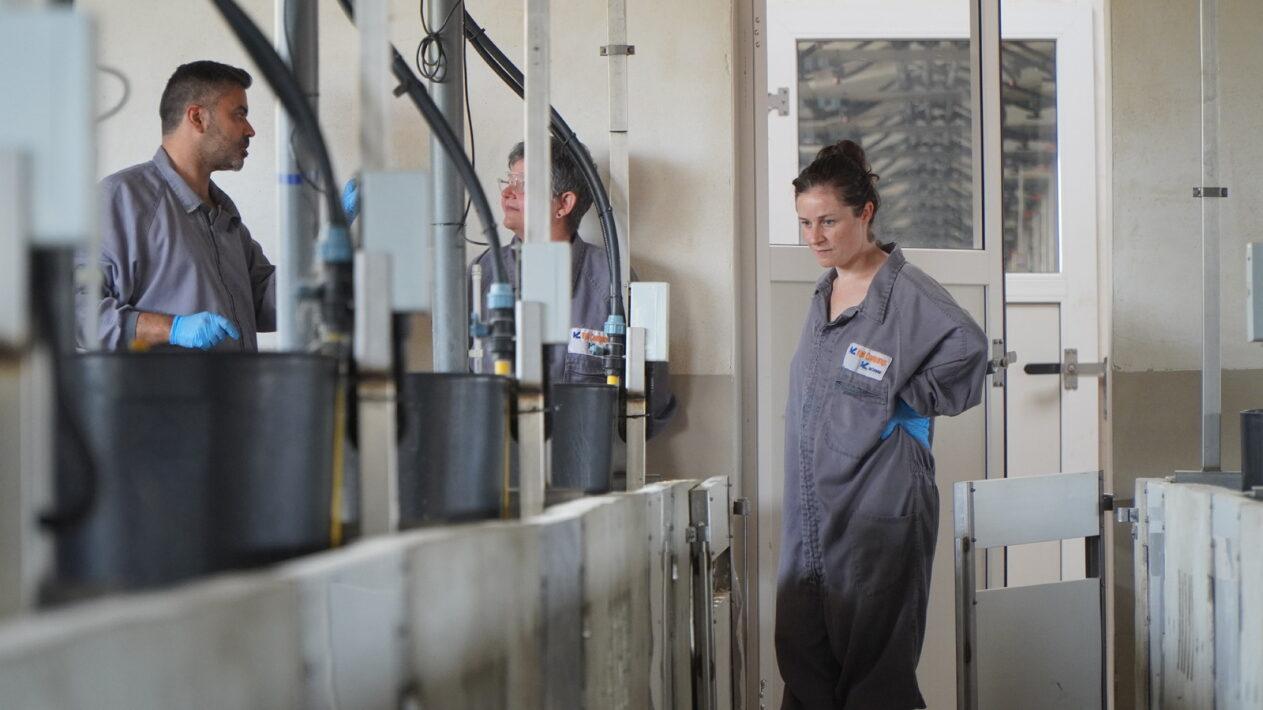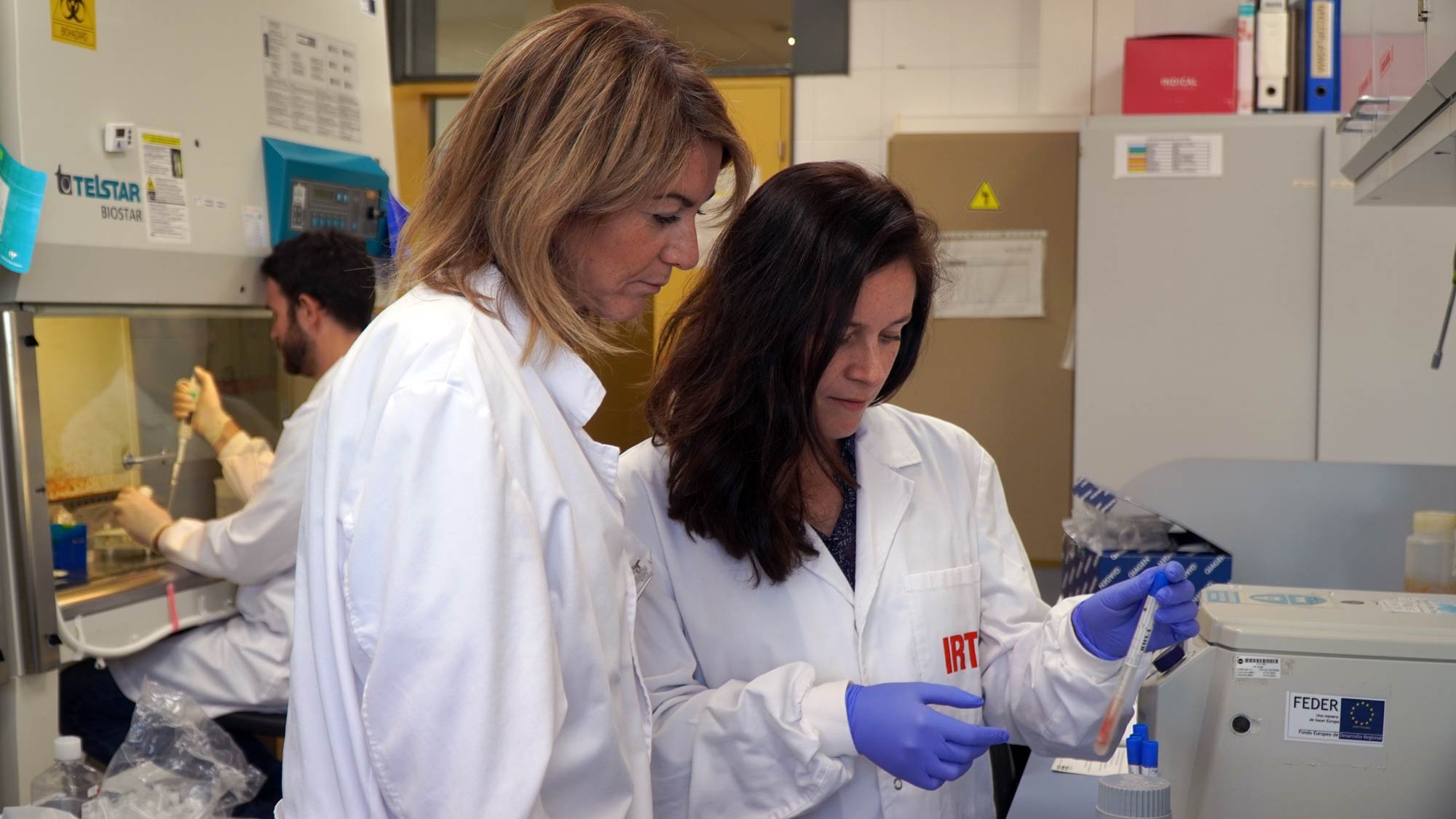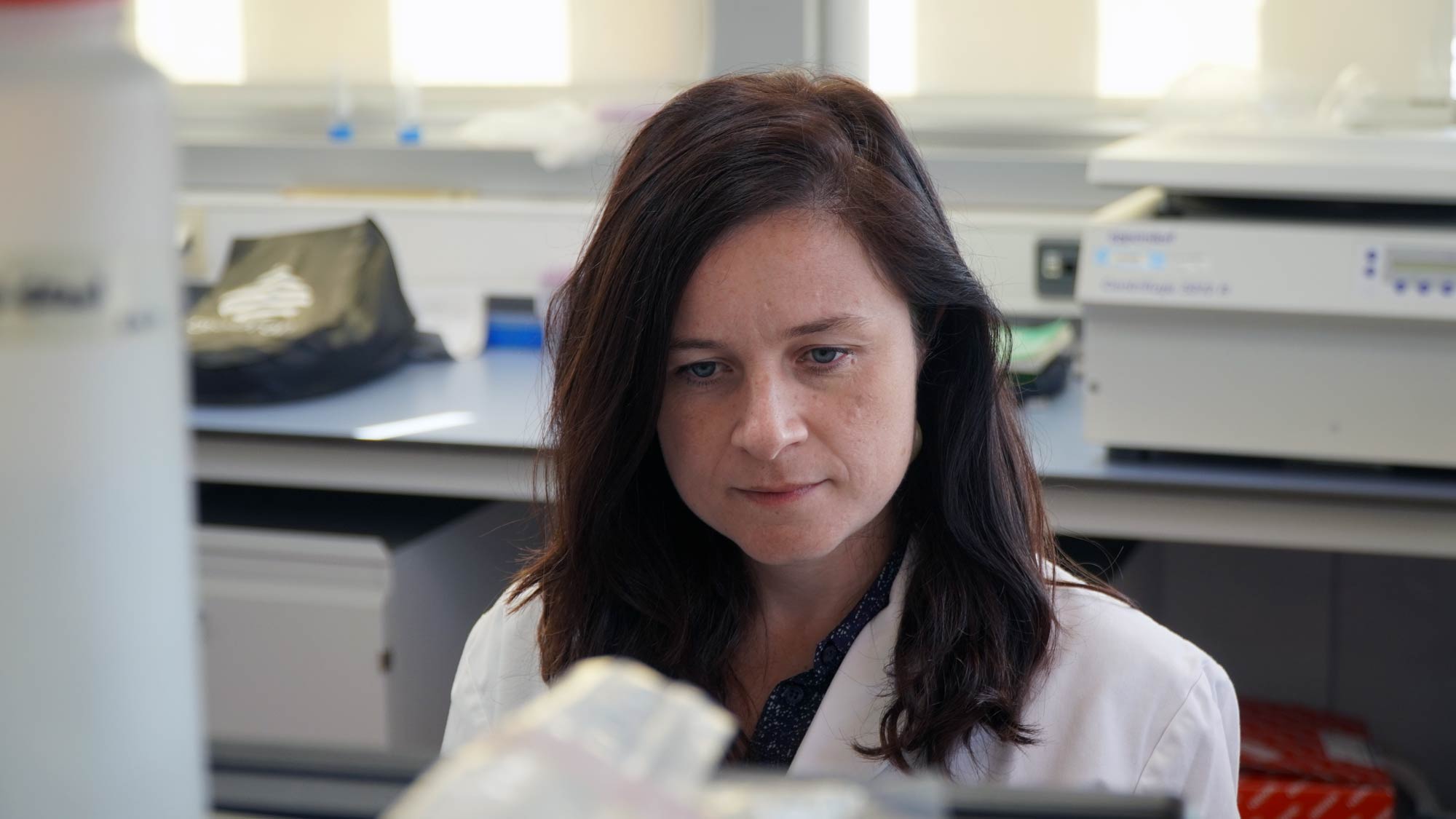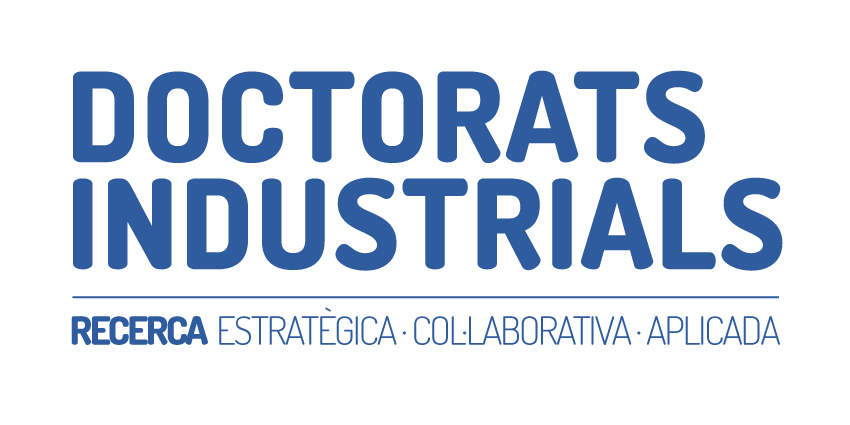
La trajectòria de la doctora García Morante és una història d’èxit i una font d’inspiració per a futurs doctorands i doctorandes industrials. Des del seu treball a Alemanya fins a la seva experiència docent als Estats Units, la doctora García Morante ha demostrat una adaptabilitat i una visió que són fonamentals en el món de la recerca col·laborativa. La seva recerca aplicada a les malalties respiratòries en el sector porcí ha tingut un considerable impacte tant en el camp acadèmic, industrial i social.
Una trajectòria de referència
La doctora industrial Beatriz García Morante és un molt bon exemple de pont entre l’àmbit acadèmic i l’àmbit socioeconòmic. Especialitzada en malalties respiratòries que afecten el sector porcí, la seva trajectòria professional representa un model a seguir en el dinàmic món de la recerca col·laborativa. Amb una formació acadèmica sòlida i un enfocament multidisciplinari, la doctora García Morante ha estat capaç de navegar per les aigües que separen la recerca bàsica de les seves aplicacions pràctiques en la indústria.
El seu projecte de doctorat industrial es va desenvolupar amb la col·laboració entre l’empresa farmacèutica internacional Boehringer Ingelheim, el Centre de Recerca en Sanitat Animal (CReSA) que forma part de l’Institut de Recerca i Tecnologia Agroalimentàries (IRTA) i la Universitat Autònoma de Barcelona. El projecte va ser codirigit per la doctora Marina Sibila i el doctor Joaquim Segalés, a qui vam entrevistar durant el 2021. “Aquest projecte de doctorat industrial va néixer amb l’objectiu d’optimitzar i estandarditzar el model experimental de M. hyopneumoniae utilitzat en el desenvolupament i testatge de medicaments i productes sanitaris en porcí” destaca la doctora García Morante.
Una vegada finalitzat el doctorat industrial, la relació amb l’empresa es va mantenir. En concret, va passar a formar part d’un dels centres de l’empresa a Hannover (Alemanya), dedicat específicament a la investigació en salut animal, on va poder liderar, gestionar i supervisar simultàniament diferents projectes. Posteriorment, va fer un postdoctorat a la Universitat de Minnesota (Estats Units), on va conèixer altres equips de treball i va poder ampliar les seves connexions professionals, i també reprendre la carrera acadèmica supervisant estudiants de grau i de màster. Actualment, com a investigadora a l’IRTA, continua col·laborant amb Boehringer Ingelheim.
La seva recerca no només ha aportat avenços científics rellevants en l’estudi de les malalties respiratòries en porcs, sinó que també ha sabut traduir aquests coneixements en aplicacions pràctiques que tenen un impacte directe en la qualitat de vida dels animals, en la sostenibilitat del sector i, per extensió, en la salut pública.
Per aquesta trajectòria d’èxit, i amb la voluntat de servir d’inspiració, la doctora industrial Garcia Morante va ser convidada a donar la benvinguda en l’acte de commemoració dels deu anys del Pla de Doctorats Industrials del 3 d’octubre d’enguany.

La gravetat de les malalties respiratòries en el sector Porcí
La indústria porcina té un pes molt important a Catalunya i és una de les principals a Europa. Per aquest motiu, és crucial que totes les parts, en aquest cas els porcs, estigui en el millor estat de salut possible.
Aquesta idea de mantenir als porcs sans va més enllà de la simple salut animal. És part d’un enfocament més ampli conegut com “Una Sola Salut”, que reconeix que la salut dels animals, la salut humana i la salut de l’ecosistema estan totes interconnectades. Segons la doctora Garcia Morante: “gaudir de salut és essencial pel benestar animal, però també per assolir seguretat alimentària i promoure sistemes sostenibles de producció de carn”.
Ara bé, en el context que ens ocupa, hi ha un bacteri que és particularment problemàtic: el M. hyopneumoniae. Aquest petit microorganisme és un dels grans culpables d’infeccions respiratòries en granges de porcs arreu del món. I no parlem d’una infecció esporàdica; és una qüestió que es troba de manera generalitzada en molts dels països que tenen una producció porcina significativa. Tot i que sabem que aquest bacteri és un problema greu, encara existeixen moltes preguntes sense resposta sobre com funciona exactament. Segons la doctora García Morante “existeixen encara forces llacunes en la comprensió de la complexa patogènesi d’aquesta malaltia”. Aquestes llacunes representen un desafiament per als investigadors i els professionals de la salut animal, i cal afegir que aquesta malaltia és difícil de reproduir experimentalment. Amb aquest context, es va fer evident la necessitat d’una recerca estratègica i col·laborativa aquest àmbit.
Estudiar una malaltia en un laboratori sovint implica crear un “model experimental”; és a dir, una versió simplificada de la malaltia que els científics poden manipular i observar sota condicions controlades. Així, poden aprendre més sobre com es desenvolupa la malaltia i com combatre-la. En definitiva, segons Garcia Morante: “un model experimental de M. hyopneumoniae validat i que asseguri la reproducció de pneumònia de forma homogènia en els porcs infectats és d’interès per la indústria farmacèutica”.
L'Impacte del Pla de Doctorats Industrials en la Recerca
El cert és que l’IRTA-CReSA ja havia tingut activitats puntuals amb empreses en projectes de ciència aplicada, però amb “els doctorats industrials s’estableix una col·laboració molt més estreta, participant directament en l’R+D+I de l’empresa” apunta García Morante. És important recordar que amb un doctorat industrial l’empresa té la possibilitat d’abordar les seves necessitats estratègiques, atreure talent i millorar la seva competitivitat: “nosaltres entenem que un doctorat industrial requereix una comprensió profunda de les prioritats i reptes de l’empresa, i un enfocament en la generació de resultats que tinguin un impacte directe i valor afegit per a l’organització” conclou la doctora.
El projecte ha permès perfeccionar les condicions del model experimental de M. hyopneumoniae amb un major impacte en la reproducció de pneumònia en porcs. Des de l’optimització del creixement de soques del bacteri en un entorn de laboratori, fins a identificar marcadors immunològics (indicadors que es poden mesurar sense haver de sacrificar l’animal) que permeten seguir l’evolució de la malaltia.
Els resultats d’aquestes investigacions són molt rellevants perquè serveixen com a base per a futurs estudis científics, però també són una eina potent per a les empreses farmacèutiques. Amb aquest model, les companyies poden desenvolupar medicaments i tractaments més eficaços amb una major confiança en els seus resultats per fer front a la malaltia.

L'experiència amb el Pla de Doctorats Industrials
Segons ens ha explicat la mateixa doctora, l’experiència d’un doctorat industrial li ha ofert una oportunitat única de combinar l’experiència acadèmica amb la pràctica empresarial, ampliant les opcions laborals més enllà de l’àmbit universitari. Tanmateix, aquest tipus de formació fomenta el desenvolupament de competències transversals i la creació de xarxes professionals en diversos sectors. A més, l’experiència en treball en equip multidisciplinari enriqueix la visió i l’habilitat per resoldre problemes, qualitats que són valuoses en projectes de recerca actuals: “aquesta perspectiva multidisciplinària m’ha permès adquirir una visió holística i un enfocament integral per a la resolució de problemes”.
Durant la conversa que hem pogut tenir amb la doctora Garcia Morante ha volgut oferir consells als futurs doctorands i doctorandes industrials per aprofitar al màxim la seva experiència: “és primordial demostrar iniciativa i proactivitat, proposar idees per millorar processos o solucionar problemes, i buscar oportunitats per treballar en col·laboració amb altres equips i departaments dins de l’empresa”. A banda d’això considera que gaudir de l’experiència d’un doctorat industrial oriental el personal investigador en formació cap a la recerca aplicada.

